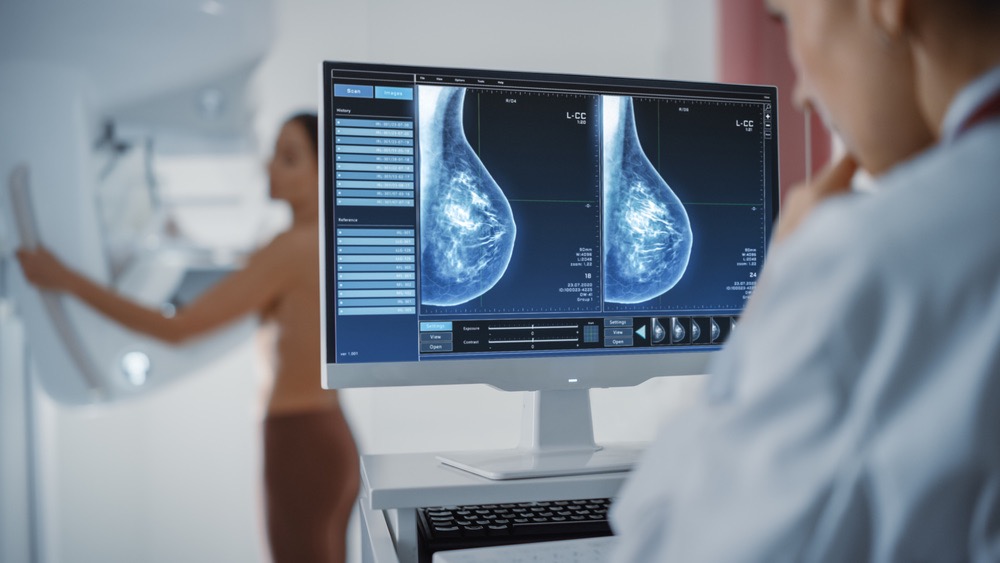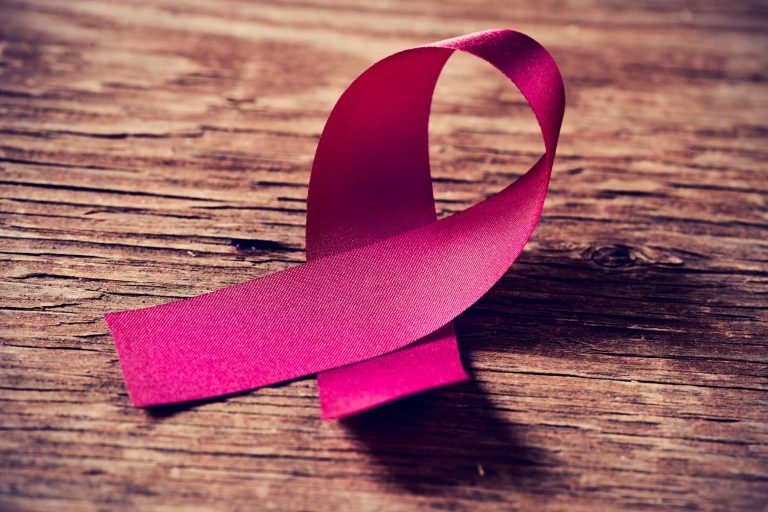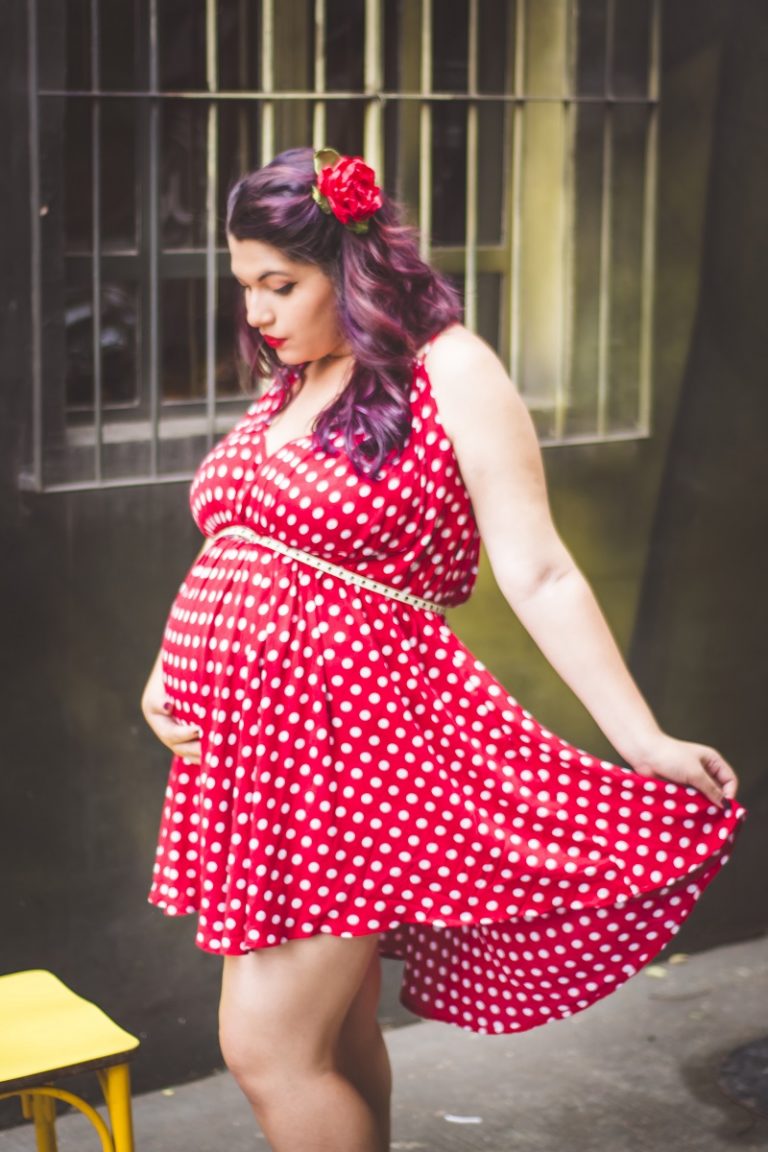Understanding Breast Density: Why It Matters for Mammograms

Breast density is an important factor in breast cancer screening, yet many women are unaware of what it means. Dense breasts have less fatty tissue and more glandular and connective tissue, making it harder to detect abnormalities on a standard mammogram. Approximately 40% of women have dense breasts, which can slightly increase their risk of breast cancer.
How Do You Know If You Have Dense Breasts?
Breast density can only be determined through a mammogram, as it’s not related to the size or firmness of your breasts. After your screening, your healthcare provider will inform you if you have dense breast tissue.
Why It Matters
Dense breast tissue can make it difficult to spot tumors on a mammogram, as both dense tissue and cancer appear white on the image. This can lead to missed diagnoses or false negatives. Women with dense breasts may need additional imaging, such as Automated Breast Ultrasound (ABUS) or breast MRI, to ensure accurate screening.
What You Can Do
If you have dense breasts, talk to your healthcare provider about supplemental screening options. Maintaining a healthy lifestyle, including regular exercise, a balanced diet, and limiting alcohol, can also support breast health. It’s essential to stay proactive and schedule regular screenings to catch any potential issues early.
At Women’s Health and Menopause Center, we offer advanced imaging solutions like ABUS to provide accurate and thorough breast cancer screening for women with dense breasts. Schedule your appointment today to stay on top of your breast health.





